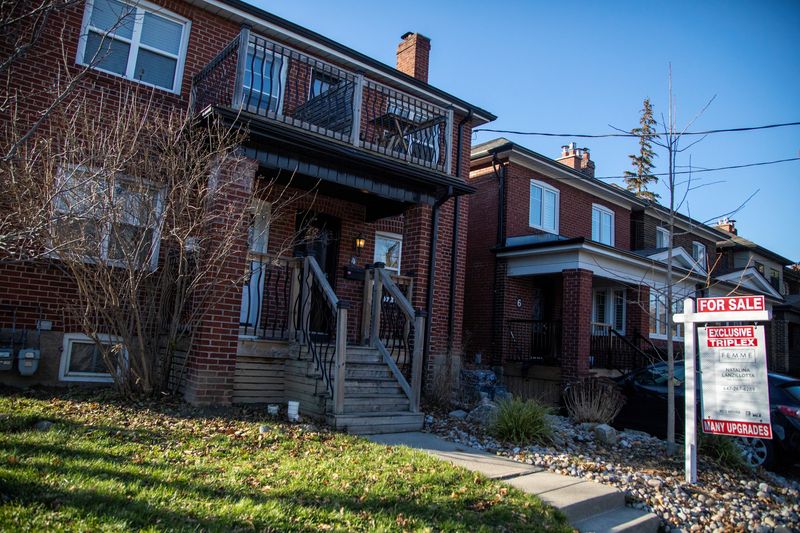What is a Mortgage?
A mortgage is a debt instrument that comes with a real estate property as collateral. Mortgages are prevalent in the real estate industry where property buyers need to finance their purchases. Financial institutions or mortgage lenders provide mortgages to borrowers. In exchange, borrowers make regular interest and principal repayments to the lender.
Throughout the mortgage, borrowers have to repay a predetermined mix of interest and principal amount. They continue to make the payments until they completely repay the mortgage. At that point, the borrower owns the property without any obligations. However, the lender can get the right to the asset if the borrower fails to make timely repayments.
What is a Prepayment Option on a Mortgage?
A prepayment option on a mortgage allows borrowers the flexibility to make increased monthly mortgage payments. Some mortgages come with penalties or fines for prepayment of the mortgage amount. Therefore, borrowers get stuck with making the predetermined principal payments. If they want to get rid of it before the set schedule, they have to pay penalties for it.
However, mortgages that come with a prepayment option are not similar. These mortgages allow borrowers to repay their mortgages at any time during the mortgage’s lifecycle. These do not come with any fines or penalties for the borrower. There are two types of prepayment options on a mortgage that borrowers can utilize.
Monthly prepayments
Monthly prepayments allow borrowers to increase their monthly mortgage payment allowance. These may come with an option to let borrowers make up to 100% more payments on their monthly mortgage. Essentially, they can make double payments on the mortgage and get rid of it twice as soon. For example, a borrower can repay $2,000 on their monthly mortgage payment instead of the required $1,000.
Lump-sum prepayment
Another option that comes with these mortgages is lump-sum prepayments. Through this option, borrowers can make lump-sum payments towards their mortgage using an annual percentage limit. The limit may range between different mortgages. However, it may allow borrowers to repay almost a quarter of the loan (or 25%) in a year. For example, a borrower can make a $25,000 lump sum payment towards a $100,000 mortgage in a single year.
Should borrowers avail of Prepayment Options on a Mortgage?
Some borrowers may get access to a sudden influx of finance. In that case, putting the money towards mortgage payments is valuable. It can help reduce their financial burden. Likewise, they can significantly reduce the mortgage payment, which means they have to make fewer repayments in the future. Similarly, it can result in lower interest payments, which means lower costs.
However, the decision to do so depends on the borrower. For borrowers, it is crucial to analyze the opportunity cost associated with directing money towards mortgage payments. For example, if they can invest the money and get higher returns on it than the savings they make, then they should choose the alternative.
Conclusion
Mortgages are debt instruments that allow real estate buyers to finance their purchases. Some mortgages may come with prepayment options. These may include two different options, including monthly prepayments and lump sum prepayments. Both of these have several options for repayments for borrowers. Whether borrowers choose to make a prepayment on their mortgage depends on the benefits they get from it.
Further questions
What's your question? Ask it in the discussion forum
Have an answer to the questions below? Post it here or in the forum



